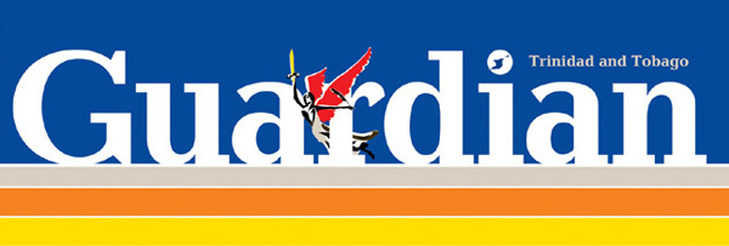Visible power is about making and enforcing rules. It is the visible way power works over us to make us comply and do things. Visible power includes respected positions and institutions such as presidents and prime ministers, legislatures and courts, ministries, and the police. It includes international organisations that shape our world like the UN, IMF, World Bank, Caricom, WTO, and multinational corporations like Apple, Coca-Cola and BP.
Visible power gets its way through laws, policies and constitutions, and from budgets, regulations and conventions. And if these don’t work visible power falls back on its repressive agents like the police and army to enforce these rules.
Hidden power is how vested interests set the agenda about what is debatable, and dismiss alternatives. Hidden power is about exclusion and delegitimisation. It is the way certain ideas, groups and alternatives to the status quo are kept away from the discussion table. Hidden power is how the powerful exclude matters from the media and public consideration through making issues invisible, spreading misinformation, intimidation, and using mechanisms like steering committees.
Examples of hidden power include the fossil fuel industry’s control over the global warming debate and environmental policies, the State and corporate racism in the war on drugs, and the Catholic Church’s influence on global reproductive health policy in Latin America and elsewhere.
The final dimension of the power matrix is invisible power. This is about shaping meaning and values. Teaching people what is normal and socially acceptable. Invisible power comes from the control of information, education, and how we are all socialised. It includes things like culture, ideologies, religions, values and customs.
Examples of invisible power include blaming poverty on laziness, women blaming themselves for domestic violence, and the faith we put in numbers and top-down pedagogy as knowledge—the teacher at the front of the classroom with all the answers presenting them to the room to be remembered and recycled uncritically.
Invisible power also explains why many of us consent to, buy into and defend a global economic system not in our best interests. Yes, capitalism has improved life for many in the world but it’s huge social, economic, ecological, and cultural costs now outweigh its potential for good.
Is capitalism off the rails and leading to the destruction of our ability to live on the planet, and with each other, really the only game in town now when levels of technology mean we have outgrown the need for full-time employment, senseless economic growth and human exploitation?
As part of their training anthropologists develop a commitment to examining how inequalities in society are perpetuated both culturally and institutionally. The power matrix is an anthropological way for people to think about this in the context of events like the recent three-day Caribbean Future Forum organised by the Ministry of Foreign Affairs, the UNDP and UWI.
The forum promised much, including “radical solutions for radical times,” and has agreed for future “steering committees” to discuss the ways forward from the meetings. For some, the event was disappointing, full of egos, male heavy, technocratic, and more one-way talk.
This can be explained using the power matrix. The visibly powerful, top-down institutions in society organised a three-day event about change in the Caribbean aligned with their worldview. They got the buy in of presidents and prime ministers, foreign experts and senior regional academics, to legitimise the event’s expertise, gravitas, and authority to direct and shape what change will look like.
Yet hidden power constrained the agenda of what and who was included/excluded and what was debatable and sayable. The important people preached their visions in the top-down ritualised format homo academicus calls “debate.” While misrepresentation meant that “radical” and “disruptive” became words disconnected from their original political meaning.
In the echo chamber of colleagues and presenters, what we might call invisible power, there was good feedback and compliments on the forum.
Yet under hidden and invisible power’s spell some congratulations mislead. Praise becomes confirmation that meaning has been shaped anew. And the values behind political and social change, aside from playing to the gallery, were never really an item up for debate anyway. The words were just borrowed. The destination already decided.
The ritual of power is now complete.

 RSS Feed
RSS Feed